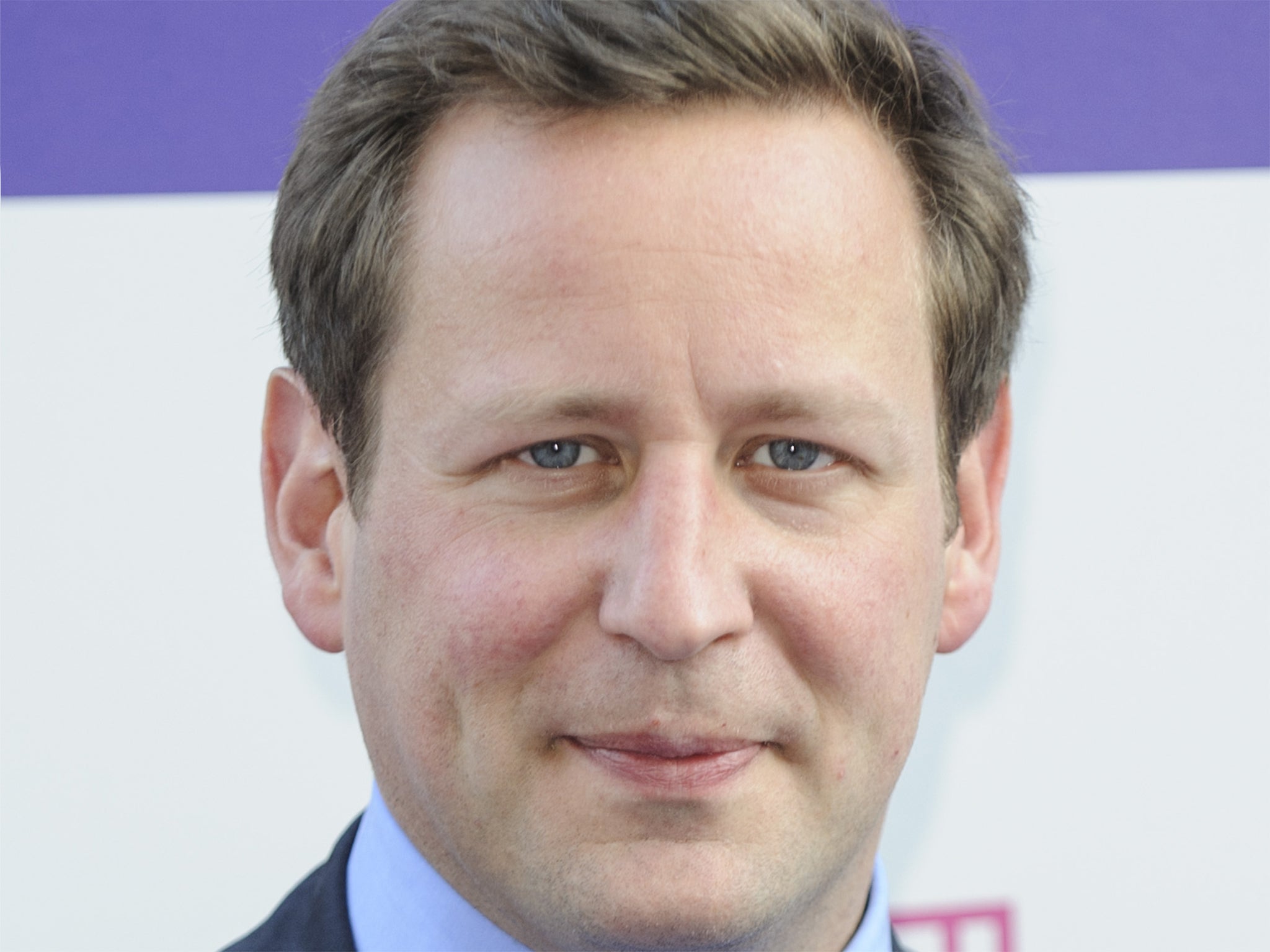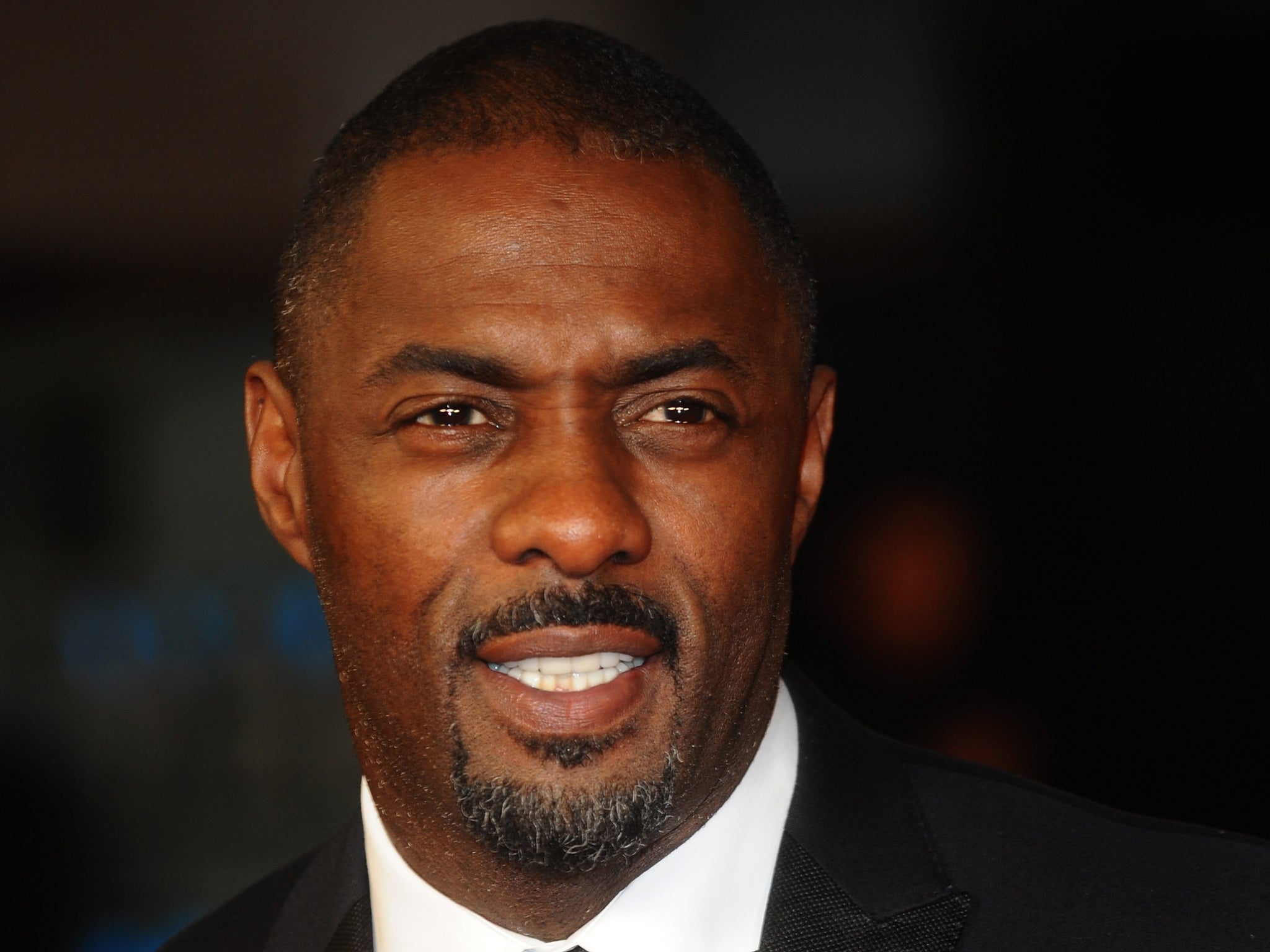Culture Minister Ed Vaizey: ‘lack of ethnic minority and black faces on TV is weird’
Black stars write open letter to TV bosses to try and buck trend

Your support helps us to tell the story
From reproductive rights to climate change to Big Tech, The Independent is on the ground when the story is developing. Whether it's investigating the financials of Elon Musk's pro-Trump PAC or producing our latest documentary, 'The A Word', which shines a light on the American women fighting for reproductive rights, we know how important it is to parse out the facts from the messaging.
At such a critical moment in US history, we need reporters on the ground. Your donation allows us to keep sending journalists to speak to both sides of the story.
The Independent is trusted by Americans across the entire political spectrum. And unlike many other quality news outlets, we choose not to lock Americans out of our reporting and analysis with paywalls. We believe quality journalism should be available to everyone, paid for by those who can afford it.
Your support makes all the difference.The lack of black and ethnic minority faces on UK television is “frankly weird”, Culture Minister Ed Vaizey has said.
Calling for immediate action to address the problem, he complained that broadcasters were “cutting themselves off from a huge range of talent” and that the industry was failing to reach a significant section of the audience.
His warning comes as television executives – including the BBC1 controller Charlotte Moore – meet today in Edinburgh to discuss whether television is racist.
Idris Elba and Lenny Henry were among stars who wrote an open letter telling TV bosses they are “dismayed” at the poor numbers of people from ethnic minority backgrounds working in the industry. They called for “a ring-fenced pot of money” for black, Asian and minority ethnic (BAME) programmes.
From early next year British broadcasters are to be made subject to a new system of league tables on their employment of ethnic groups with the data being made public. Patricia Hodgson, chairman of the media watchdog Ofcom, disclosed plans for the cross-industry monitoring plan, called “Project Silvermouse”, in a letter to union leaders.
It will involve most of Britain’s leading broadcasters, including the BBC, ITV, C4 and Sky. “This is an important step, as this is the first time the broadcasters will be able to provide data on on-screen and off-screen representation which is standardised, comparable and made publicly available on a broadcaster-by-broadcaster basis,” said the Ofcom chairman.

Mr Vaizey told The Independent he had been pleased to hear of plans by the BBC and Sky to improve their diversity records, but said he was looking to hear of similar initiatives from ITV and Channel 4.
“It’s now frankly weird not to see more BAME (black and minority ethnic) faces – both in front of and behind the camera – in the society we now live in,” he said. “I think broadcasters are cutting themselves off from a huge range of talent. There’s an audience out there that they’re not reaching and a huge amount of talent that they’re not exploiting.”
Earlier this week, Sky said that by the end of next year 20 per cent of the actors and writers of its UK-originated shows would come from minority ethnic backgrounds.
Peter Fincham, director of television at ITV, is expected to give details of his plans to improve on-screen diversity at a session at the Television Festival titled “Is TV Racist”.
BECTU Diversity Officer Janice Turner said: “Commercial radio has failed to address the appalling under-representation of BAME workers, many of whom are ghettoised in radio stations targeting minority ethnic communities.
“Ofcom should publish each licence’s monitoring data to hold them accountable.”
Actors’ struggle, in their words
Sophie Okonedo, Bafta nominated for her role in the TV show Criminal Justice
“I do notice that – over the last year – I’ve had maybe two scripts from Britain and tens and tens from America. The balance is ridiculous. I’m still struggling [in the UK] in a way that my white counterparts at the same level wouldn’t have.”
Idris Elba, who has appeared in the films Thor and Pacific Rim
“Unlike here, in the US there are lead roles for black actors. That’s why I went to America – to get the lead roles that I wouldn’t here.”
David Harewood, who featured in hit series Homeland
“Unfortunately there aren’t that many roles for authoritative, strong, black characters in this country. We just don’t write those characters.”
Join our commenting forum
Join thought-provoking conversations, follow other Independent readers and see their replies
Comments